The Data, Models, Information and Decisions department aims to link:
- Complex phenomena and systems (natural phenomena, dynamic systems, socio-technical systems) that generate large amounts of data
- The mathematical and statistical modeling of these phenomena and systems, with the models themselves becoming scientific objects of study
- The extraction of information from this data using data mining or machine learning algorithms
- Informed decision-making supported by this information, by providing analytical and operational decision support to human decision-makers
The analysis of the complexity and the modeling of these systems, the massive data collection, the algorithmic processing and the decision support thus form a virtuous loop. The identified optimal decisions can in turn influence the initial complex phenomena.
Some application areas include: robot operations, large industrial systems, human behavior, seafloors, energy systems, transportation, etc.
Through this approach, DMID researchers aim to understand and solve the challenges posed by increasingly complex systems in a data-centric world, using a systemic approach that integrates different stakeholders.

Figure:the loop integrating the cluster's 4 objects of study (data, models, information and decisions), as well as the 2 disciplinary fields involved (data and decision sciences).
The department comprises 2 teams: DECIDE, whose DNA is to make the link between data and decision-making, while keeping the stakeholders and decision makers at the heart of the proposed solutions, and MATRIX, which develops new methods for learning, modeling and understanding temporally and spatially structured information.
Contacts
Patrick Meyer, head of the DMID department
Romain Billot, head of the DECIDE team
Gilles Le Chenadec, head of the MATRIX team

